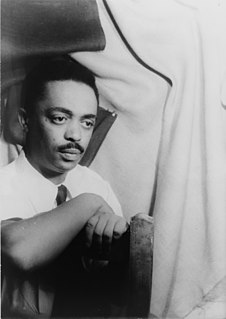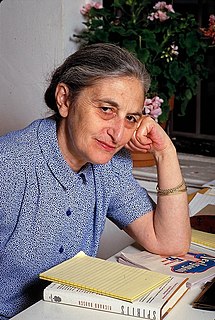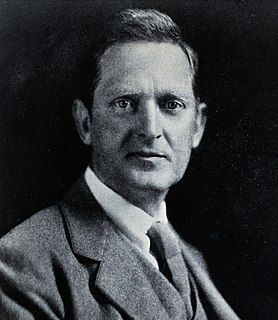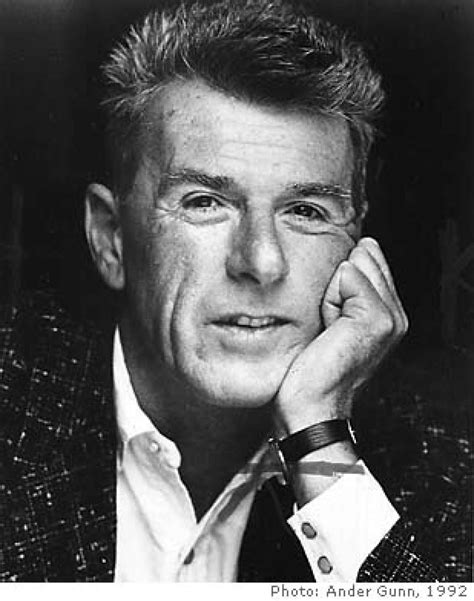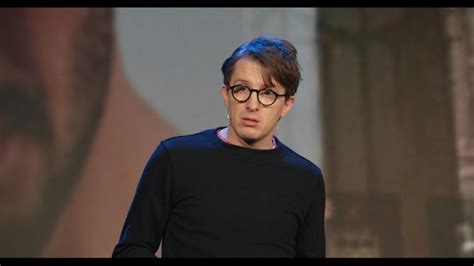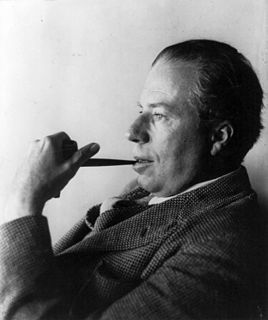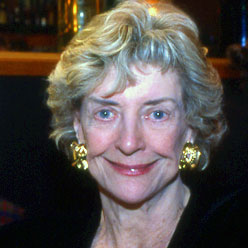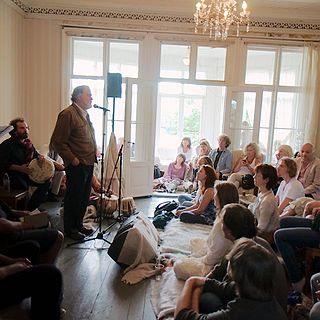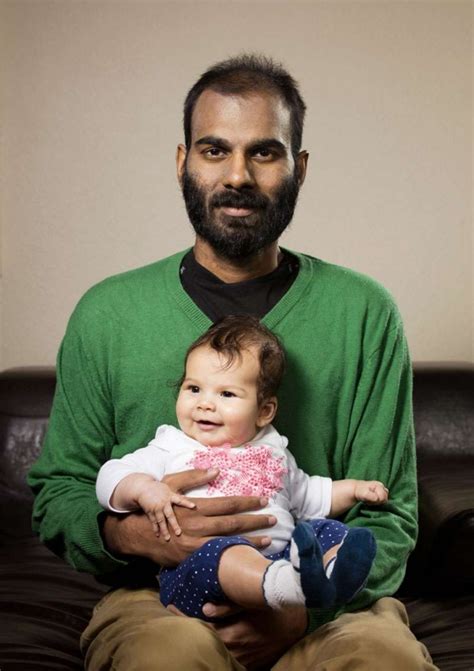Top 70 Keats Quotes & Sayings
Explore popular Keats quotes.
Last updated on April 14, 2025.
There's no artist in this world that doesn't enjoy the dream that if they have bad reviews now, the story of Keats can redeem them, in their fantasy or imagination, in the future. I think Keats' poem 'Endymion' is a really difficult poem, and I'm not surprised that a lot of people pulled it apart in a way.
I attended school regularly for three years. I learned to read and write. 'Lamb's Tales' from Shakespeare was my favourite reading matter. I stole, by finding, Palgrave's 'Golden Treasury.' These two books, and the 'Everyman' edition of John Keats, were my proudest and dearest possessions, my greatest wealth.
We have chosen to write the biography of our disease because we love it platonically - as Amy Lowell loved Keats - and have sought its acquaintance wherever we could find it. And in this growing intimacy we have become increasingly impressed with the influence that this and other infectious diseases, which span - in their protoplasmic continuities - the entire history of mankind, have had upon the fates of men.
As a former English major, I am a sitting duck for Gift Books, and in the past few years I've gotten Dickens, Thackeray, Smollet, Richardson, Emerson, Keats, Boswell and the Brontes, all of them Great, none of them ever read by me, all of them now on a shelf, looking at me and making me feel guilty.
The interpretations of science do not give us this intimate sense of objects as the interpretations of poetry give it; they appeal to a limited faculty, and not to the whole man. It is not Linnaeus or Cavendish or Cuvier who gives us the true sense of animals, or water, or plants, who seizes their secret for us, who makes us participate in their life; it is Shakspeare [sic] … Wordsworth … Keats … Chateaubriand … Senancour.
I believe strongly in what John Keats called negative capability: the trait or practice that allows a poet to remain in uncertainties, mysteries, doubts, without any irritable reaching after fact & reason. For Keats, William Shakespeare exemplified negative capability, and I do think it's extraordinary that for all the thousands of pages Shakespeare left behind, we really don't know much about Shakespeare's own personality or opinions.
I don't spend time thinking about an aesthetic out of which I create or an ideal toward which my body of work is heading. It's amazing, when I read interviews with other poets, to see how articulately they discuss their own writing, as if they were sharing long-held theories on the work of Pope or Keats. I'm happy enough that I've poured the best of myself into the poems themselves.
Jenny Offill's Dept. of Speculation resembles no book I've read before. If I tell you that it's funny, and moving, and true; that it's as compact and mysterious as a neutron; that it tells a profound story of love and parenthood while invoking (among others) Keats, Kafka, Einstein, Russian cosmonauts, and advice for the housewife of 1896, will you please simply believe me, and read it?
Truth and Beauty (perhaps Keats was wrong in identifying them: perhaps they have the relation of Wit and Humour, or Rain and Rainbow) are of interest only to hungry people. There are several kinds of hunger. If Socrates, Spinoza, and Santayana had had free access to a midnight icebox we would never have heard of them. Shall I be ashamed of my little mewing truths?... I ask to be forgiven: they are such tiny ones.
I began writing poems when I was about eight, with a heavy assist from my mother. She read me Arthur Waley's translations and Whitman and Robinson Jeffers, who have been lifelong influences on me. My father read Keats to me, and then he read more Keats while I was lying on the sofa struggling with asthma.
Culture is like the sum of special knowledge that accumulates in any large united family and is the common property of all its members. When we of the great Culture Family meet, we exchange reminiscences about Grandfather Homer, and that awful old Dr. Johnson, and Aunt Sappho, and poor Johnny Keats.
The sad fact is that I love Dickens and Donne and Keats and Eliot and Forster and Conrad and Fitzgerald and Kafka and Wilde and Orwell and Waugh and Marvell and Greene and Sterne and Shakespeare and Webster and Swift and Yeats and Joyce and Hardy, really, really love them. It’s just that they don’t love me back.









